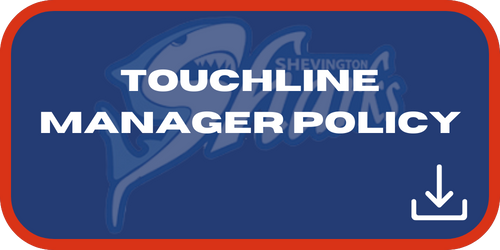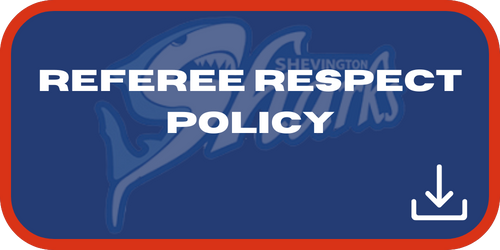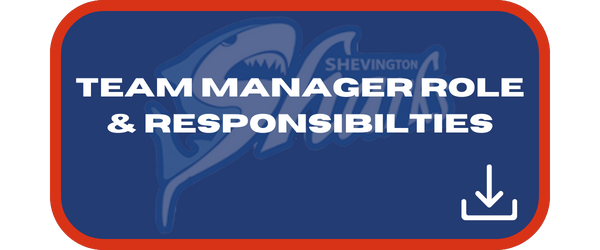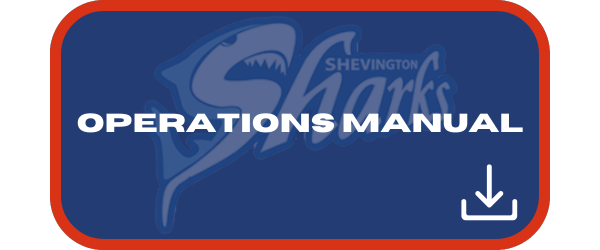
CODES OF CONDUCT

Juniors Code of Conduct
Shevington Sharks is fully committed to safeguarding and promoting the wellbeing of all its members. The club believes that it is important that members, coaches, administrators and parents associated with the club should, at all times, show respect and understanding for the safety and welfare of others. Therefore, members are encouraged to be open at all times and to share any concerns or complaints that they may have about any aspect of the club with one of your coaches or Martyn Ellis, Club Chairman.
As a member of Shevington Sharks you are expected to abide by the following junior code of conduct:
Parents Code of Practice
We also ask parents to respect the following code of practice:
Officials and Volunteers Code of Practice
The essence of good ethical conduct and practice is summarized below. All volunteers must:





